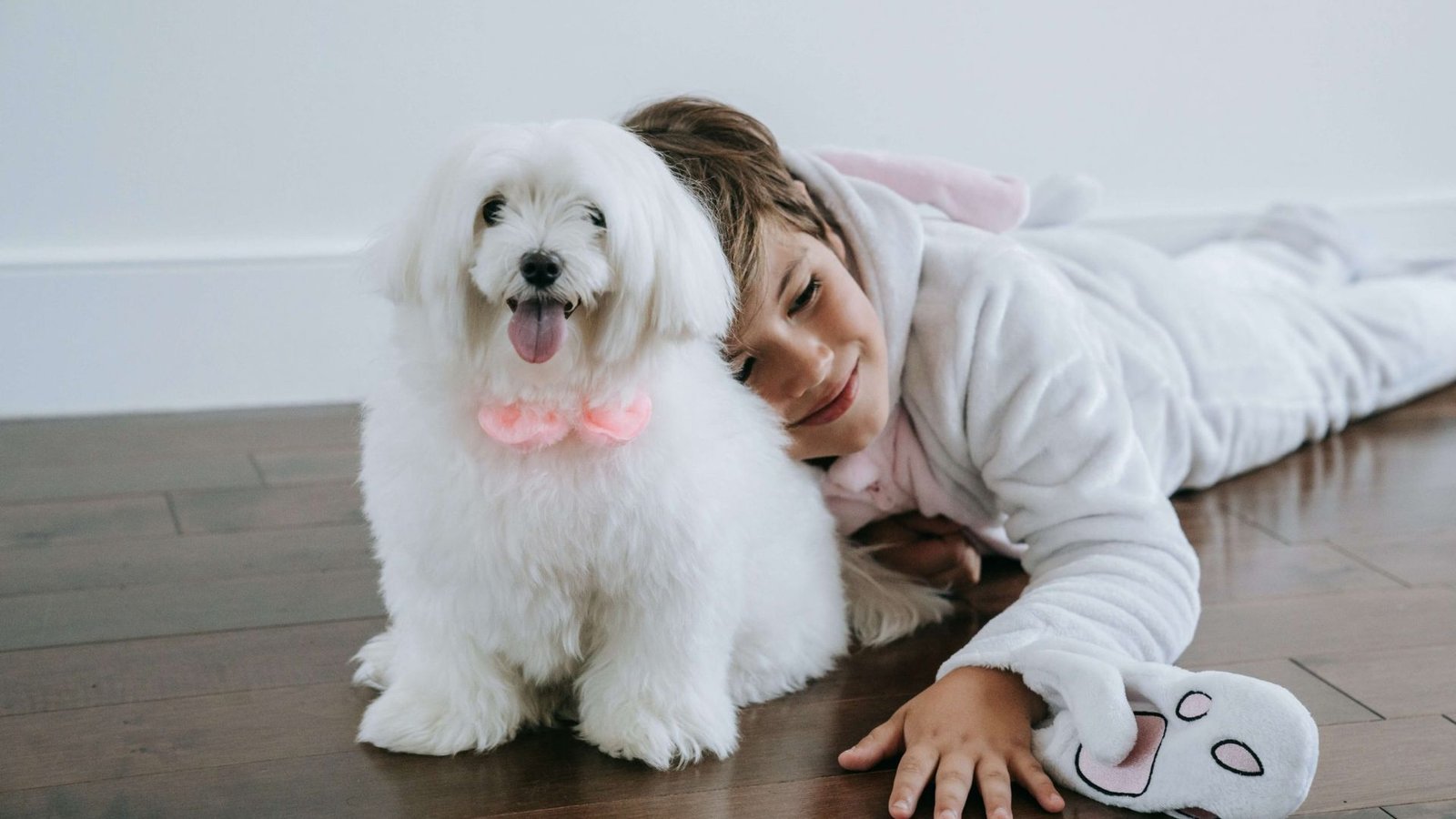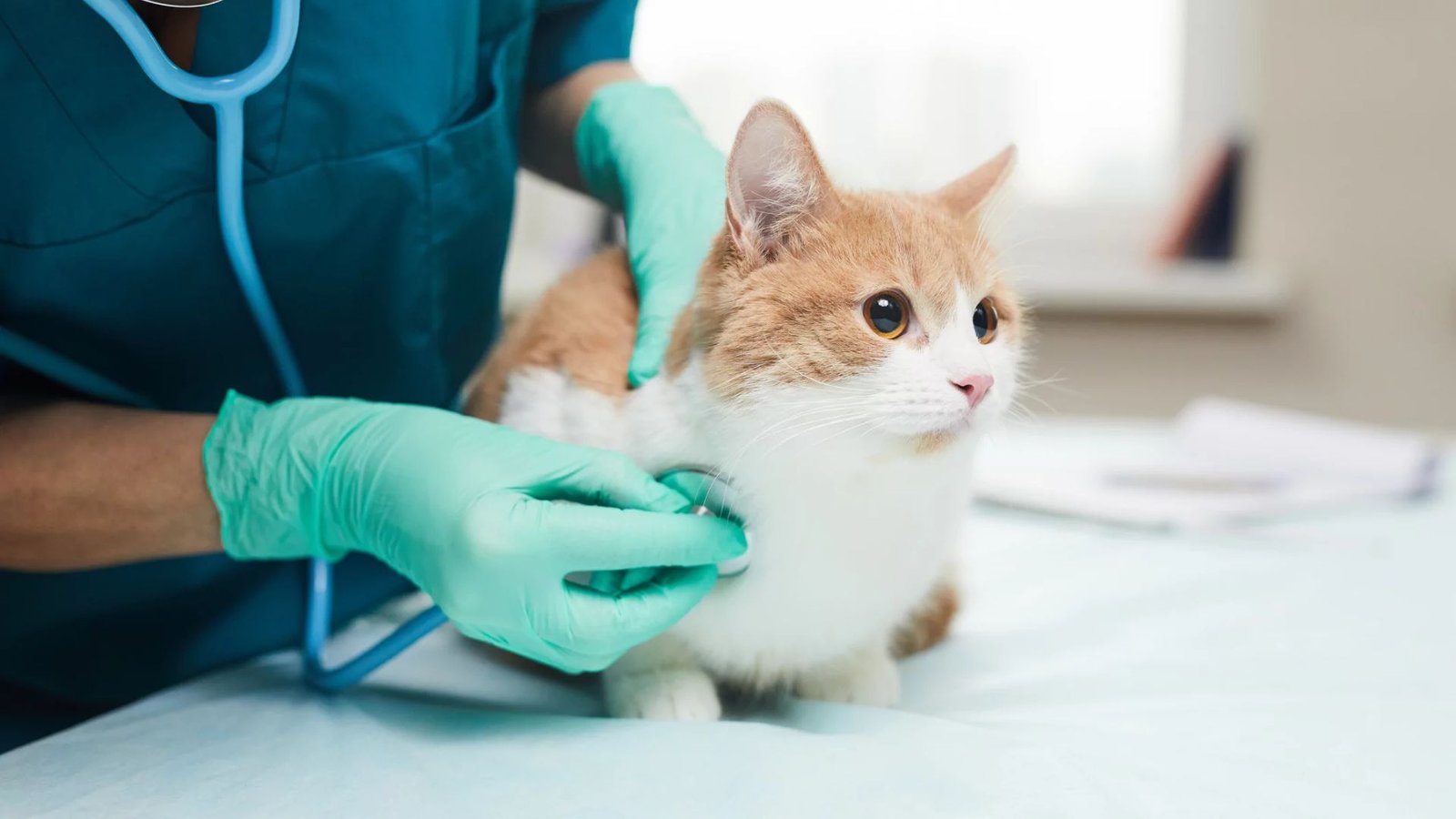Choosing the best pet for young children is a rewarding process that can bring joy to your entire family. Pets can teach kids important life skills such as responsibility, empathy, and compassion. However, not every pet is suitable for young children. When selecting the right pet, it’s important to consider factors such as the animal’s temperament, size, and care needs. In this post, we’ll explore the best pets for young children, highlighting pets that are safe, easy to care for, and perfect for a family environment.

1. Dogs – Loyal, Playful Companions for Kids
Dogs are often considered one of the best pets for young children because they are affectionate, loyal, and interactive. They form strong bonds with their owners, making them ideal companions for kids. Additionally, many dog breeds are patient and gentle with children, allowing for a positive experience for both the child and the pet.
Best Dog Breeds for Young Children:
- Labrador Retrievers: Known for their friendly, patient, and gentle nature, Labradors are perfect for active families.
- Golden Retrievers: These dogs are affectionate, easy to train, and get along well with children of all ages.
- Beagles: Beagles are energetic, friendly, and tend to be great with young kids, making them ideal family pets.
- Cavalier King Charles Spaniels: Small in size and known for being affectionate, these dogs love being around children.
When choosing a dog, it’s crucial to consider the breed’s energy level and temperament. A dog that enjoys playing and interacting with children can help foster a joyful and engaging environment for your little ones.
2. Cats – Independent Yet Loving Pets for Kids
Cats are another great option for young children, especially for families looking for a pet with a more independent nature. While cats may not seek as much attention as dogs, they still form strong attachments to their owners and can offer love and companionship. Cats are also low-maintenance, making them ideal for busy families.
Benefits of Owning a Cat:
- Low Maintenance: Cats groom themselves and don’t require daily walks, making them easier to care for.
- Great for Small Spaces: Cats are perfect for families living in apartments or smaller homes since they don’t need much space.
- Calming Presence: The gentle purring of a cat can have a soothing effect on young children, helping to reduce stress.
However, it’s essential to teach children how to treat cats gently. Some cats may prefer solitude and need their space, so educating your child about respecting the cat’s boundaries is key.
3. Rabbits – Gentle and Fun Pets for Kids
Rabbits are an excellent choice for children who enjoy caring for smaller, more manageable pets. These soft, gentle creatures are social and love interacting with their owners. Additionally, rabbits can be trained to use a litter box, making them easier to care for.
Why Rabbits Are Great for Young Children:
- Easy to Handle: Rabbits are small and gentle, making them safe for kids to hold and pet.
- Social Creatures: Rabbits enjoy attention and can develop strong bonds with their owners.
- Low Maintenance: With a clean cage and regular feeding, rabbits are relatively easy to care for.
However, rabbits require careful handling. It’s essential to teach your children how to hold and interact with rabbits properly to avoid injury to the animal.
4. Guinea Pigs – Friendly, Social Pets for Young Children
Guinea pigs are a popular choice for young children because they are small, gentle, and very social. They are easy to care for and thrive on interaction, making them great companions for kids. Guinea pigs also have a unique ability to form strong emotional bonds with their owners.
Why Guinea Pigs Are Ideal Pets for Kids:
- Gentle and Affectionate: Guinea pigs are friendly, and they enjoy spending time with their family members.
- Interactive: They respond to sounds and even recognize their names, providing an engaging experience for children.
- Simple Care Needs: They require a spacious cage, regular feeding, and social interaction to stay happy and healthy.
It’s important to handle guinea pigs gently to avoid causing them stress. Teaching children the proper way to interact with these small animals will ensure both safety and comfort.
5. Fish – Calming, Low-Maintenance Pets for Kids
Fish are one of the easiest and most low-maintenance pets for young children. Setting up and maintaining an aquarium can be a fun, educational experience that teaches kids about responsibility. Additionally, watching fish swim can have a calming effect, helping children relax and enjoy the beauty of nature.
Why Fish Are Great Pets for Young Children:
- Low Maintenance: Fish require minimal interaction, making them perfect for families with a busy schedule.
- Educational: Owning fish can teach kids about ecosystems, biology, and the importance of taking care of living creatures.
- Calming Effect: Watching fish in a tank can help reduce anxiety and promote relaxation, making them ideal for children dealing with stress.
Although fish are easy to care for, it’s important to teach children about the maintenance of an aquarium, including feeding the fish and keeping the tank clean.
6. Hamsters – Fun, Cute Pets for Young Children
Hamsters are small, cute, and relatively low-maintenance pets that are perfect for young children. They are playful and active, especially during the evening, and they don’t require a lot of space. Hamsters can also be a great first pet for children, as they are easy to handle and care for.
Why Hamsters Make Great Pets:
- Small and Manageable: Hamsters are ideal for smaller living spaces and are easy to handle.
- Active and Entertaining: Hamsters are fun to watch, and their playful nature can entertain children for hours.
- Low Maintenance: They require a simple cage setup and basic care like feeding and cleaning.
However, hamsters are nocturnal, which means they may be more active at night. It’s essential to teach children how to handle them gently to avoid stressing the hamster.
7. Birds – Colorful and Interactive Pets for Children
Birds like parakeets, cockatiels, and canaries are wonderful pets for young children who are interested in having a more interactive animal. The birds are intelligent, social creatures that can learn to mimic sounds and words, offering entertainment and companionship for kids.
Benefits of Owning a Bird:
- Social and Playful: Birds love interacting with their owners and can form strong bonds with children.
- Educational: Kids can learn about bird care, training, and communication through interaction with a pet bird.
- Entertaining: Birds can mimic sounds, songs, and even simple words, providing a fun and engaging experience for kids.
Birds do require special care, including proper nutrition, cage cleaning, and social interaction. Children should be supervised when handling birds to ensure both the bird and the child are comfortable.
8. Turtles – Slow, Steady, and Low-Maintenance Companions
Turtles are unique pets that require minimal maintenance and can be ideal for children who enjoy reptiles. These animals are calm, slow-moving, and can be fascinating to observe. Turtles can live for many years, making them a long-term pet option for children.
Why Turtles Are Great for Kids:
- Low Maintenance: Turtles require a simple tank setup and a specific diet.
- Long Lifespan: Turtles can live for decades, offering long-term companionship.
- Educational: Children can learn about reptiles and aquatic ecosystems.
Although turtles are low-maintenance, they do require clean environments and regular feeding. Additionally, some turtles can carry bacteria, so proper hygiene is essential when handling them.
Conclusion
When choosing the best pet for young children, it’s important to select an animal that suits your family’s lifestyle, space, and the child’s level of responsibility. Whether it’s a dog that loves to play, a gentle rabbit, or a calming fish, the right pet can bring joy, teach valuable lessons, and provide lifelong companionship. Make sure to consider the pet’s needs, temperament, and care requirements to ensure a positive experience for both your child and the pet.





